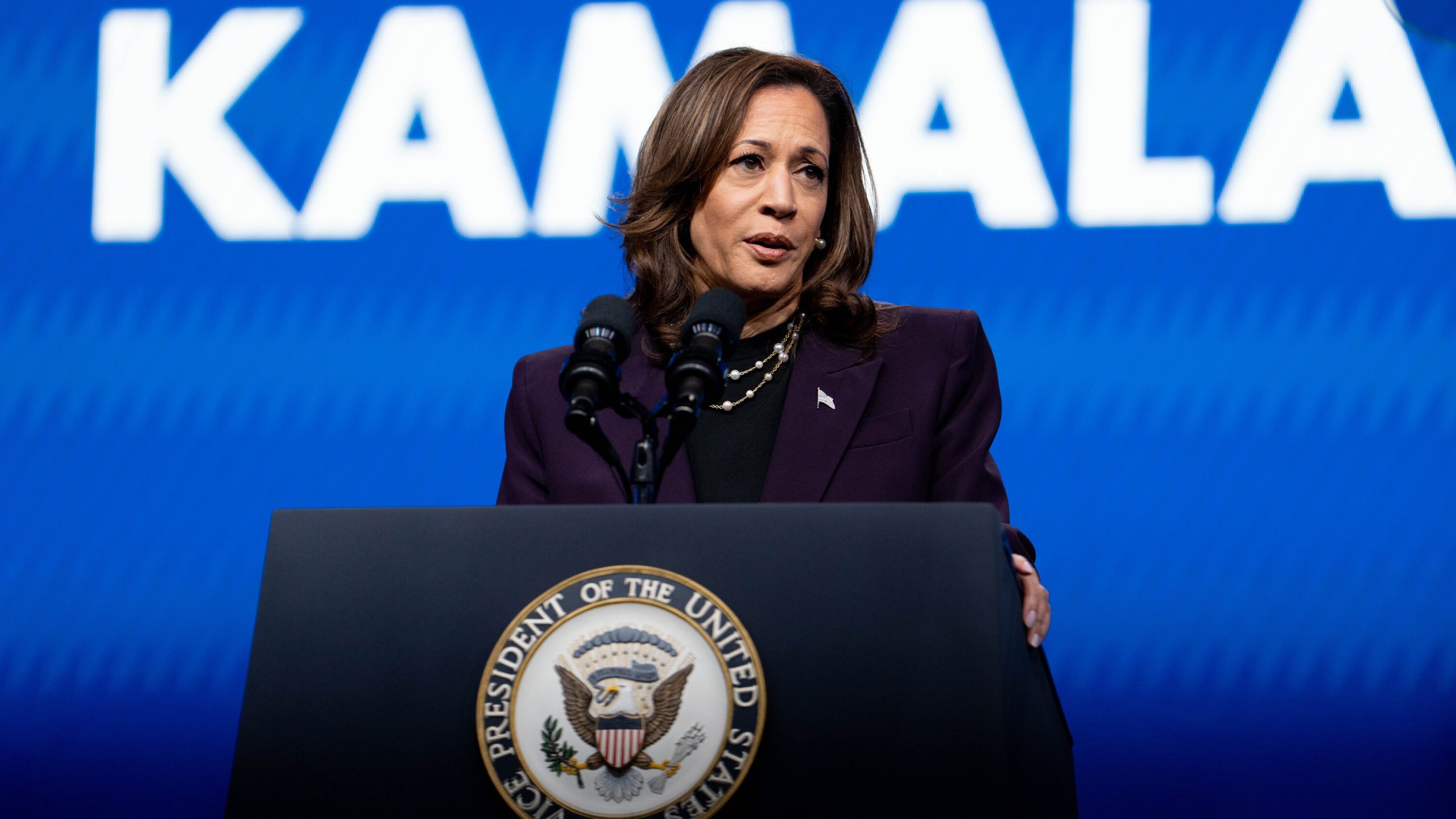Venture capitalist Ben Horowitz, co-founder of the tech firm Andreessen Horowitz, has recently announced a shift in his political donations, confirming that he and his wife, Felicia, will be supporting Vice President Kamala Harris’ election bid.
This decision comes less than three months after Horowitz revealed plans to contribute to political action committees that back Donald Trump’s presidential campaign. In a letter addressed to employees at Andreessen Horowitz, Horowitz emphasized the longstanding friendship he and Felicia have with Harris, stating that they have known her for over ten years.
In the letter, Horowitz expressed gratitude for the relationship, calling Harris a “great friend” to both him and his wife. As a result of this personal connection, the couple intends to make a substantial financial contribution to entities supporting the Harris Walz campaign.
This announcement signals a notable departure from Horowitz’s previous political alignments and highlights the personal nature of his political decisions, which are informed by his friendship with the Vice President.

Despite this new financial support for Harris, Horowitz clarified that neither he nor his firm has made any formal endorsements for the upcoming 2024 election. Their earlier support for Trump was based on what they referred to as a “better little tech agenda.”
In a blog post from July, they articulated that their political efforts are exclusively focused on issues pertinent to the “Little Tech” sector, which they believe requires protection and advocacy.
Horowitz and his partner, Marc Andreessen, have been openly critical of the Biden administration, particularly concerning its approach to startups and cryptocurrency.
In his recent correspondence, Horowitz mentioned that while he has had positive discussions with Harris and her team, they have yet to define their tech policy. Therefore, he indicated that Andreessen Horowitz would not be adjusting its overall political stance at this time.
Horowitz’s donation to Harris underscores the complexities of political affiliations in the tech industry, particularly as leading figures navigate relationships and policy priorities.
His shift from supporting Trump to backing Harris reflects both personal friendships and the broader context of political engagement within the tech sector, suggesting that alliances may be influenced as much by individual connections as by ideological alignment.


